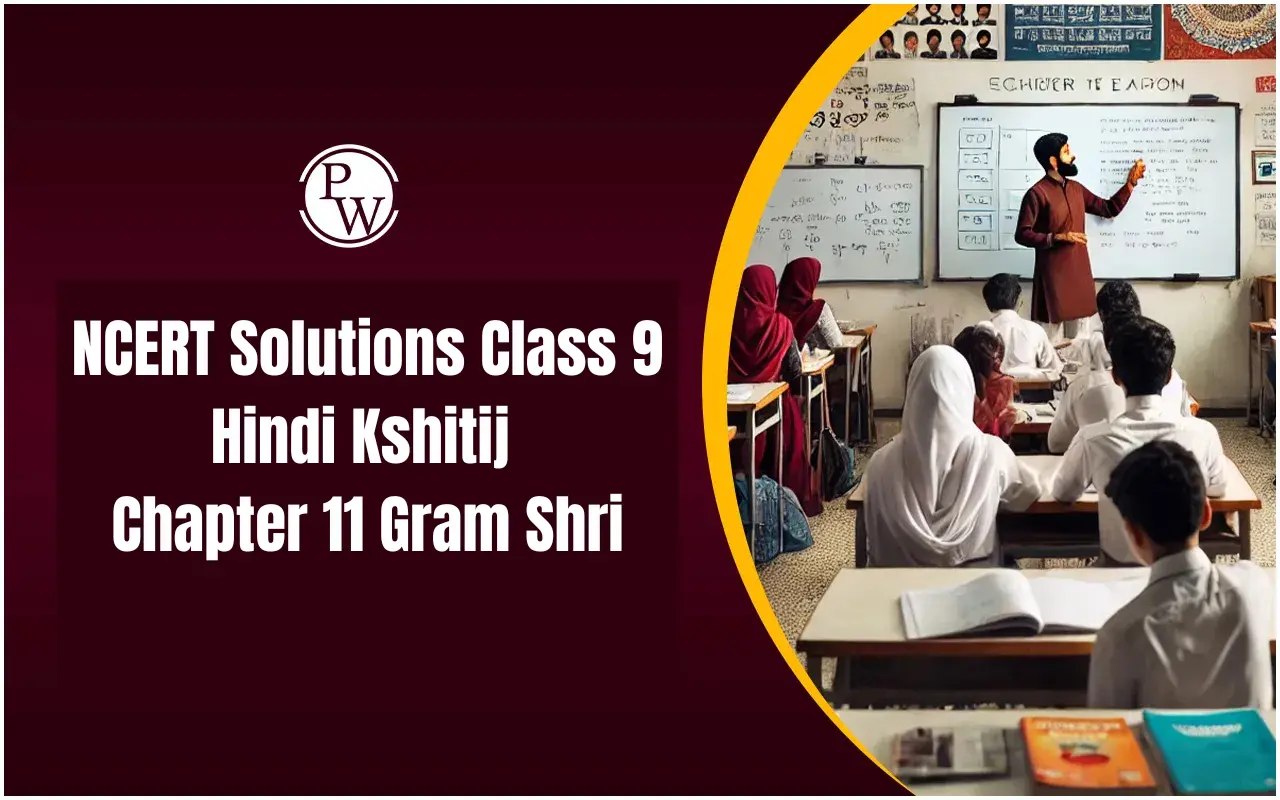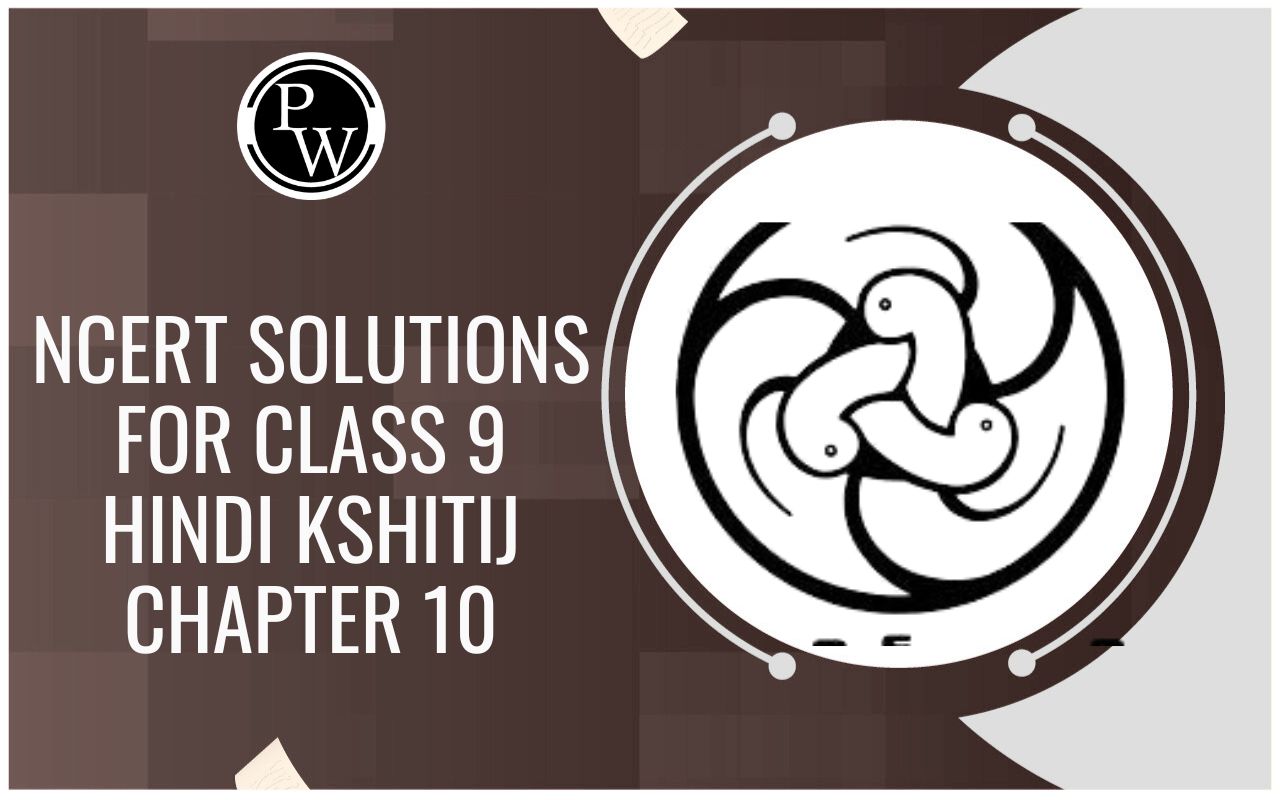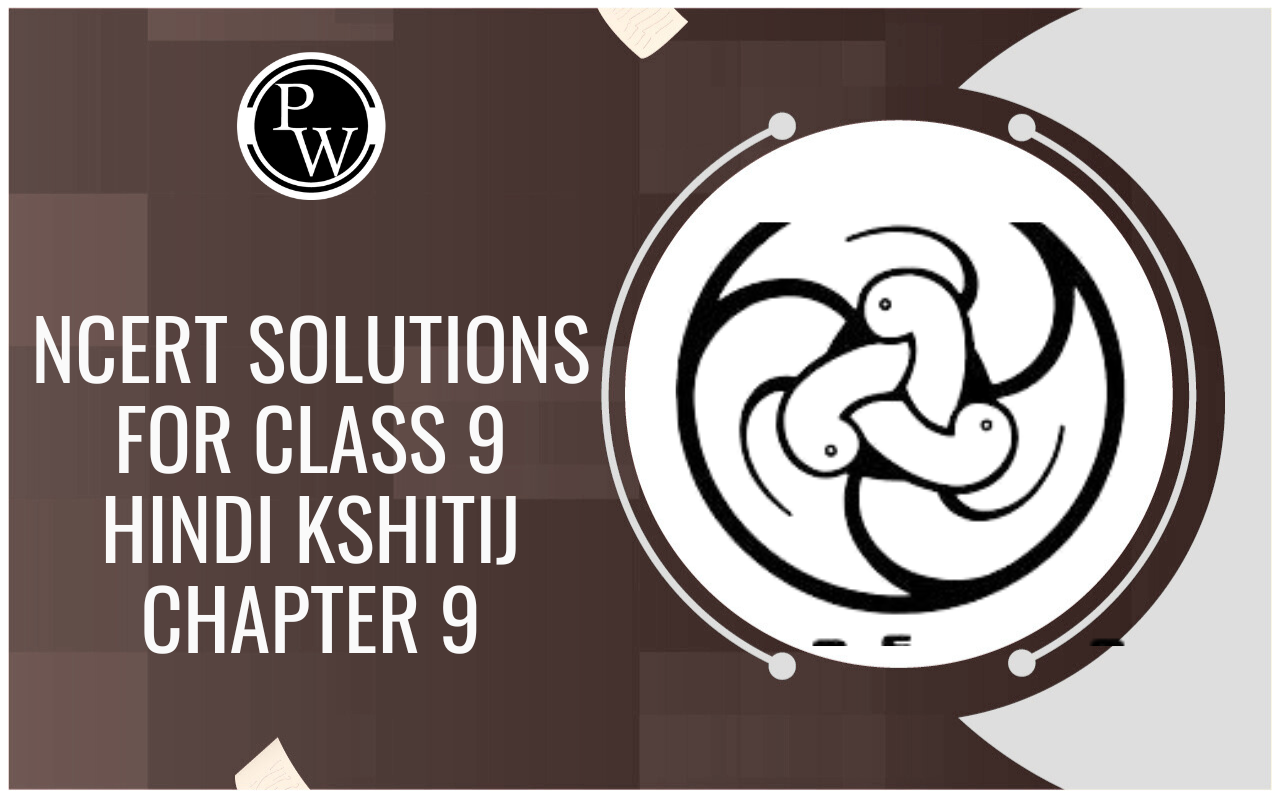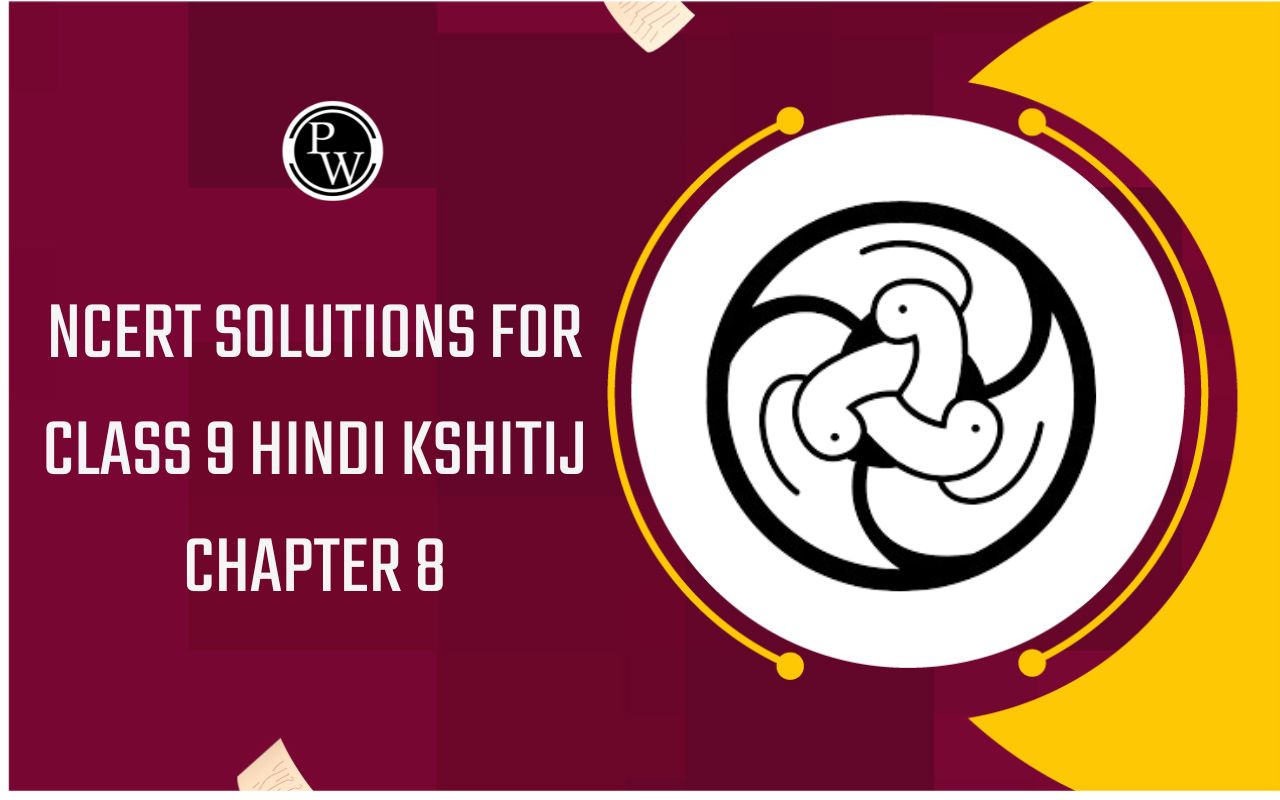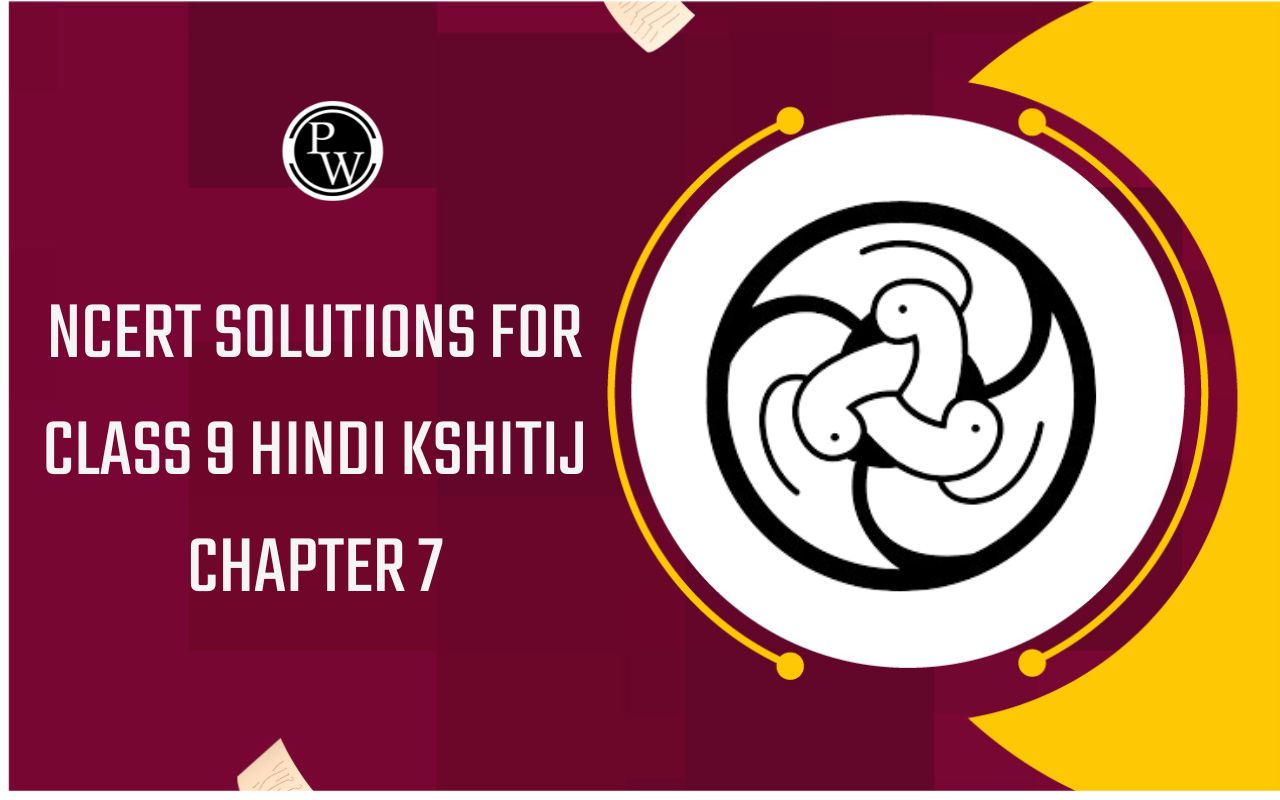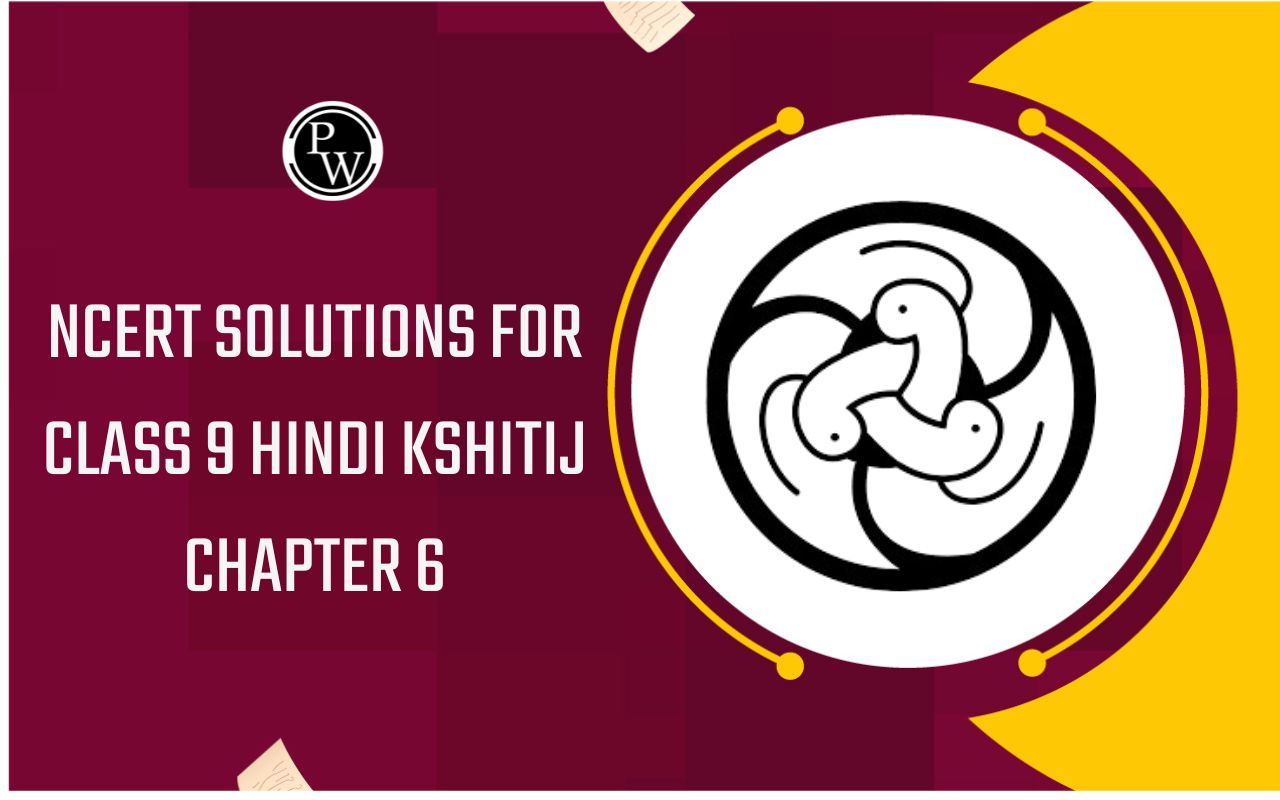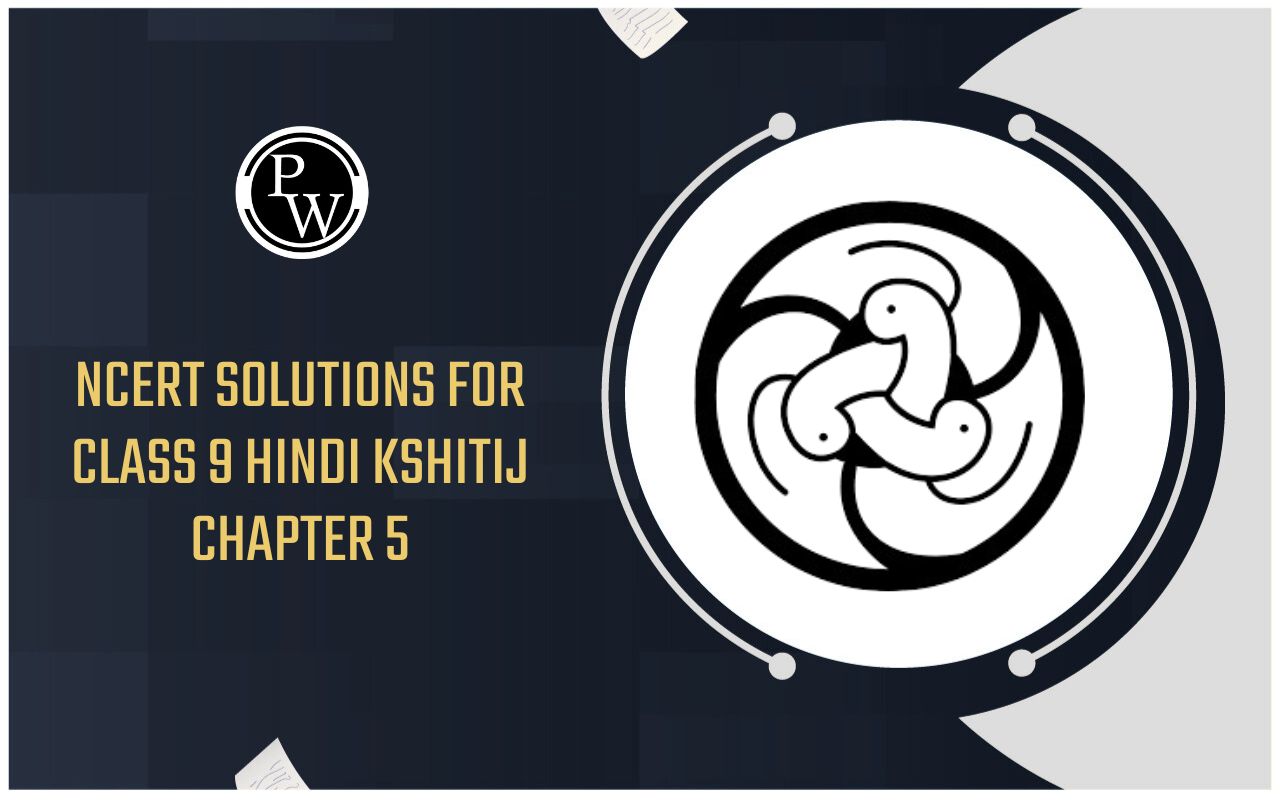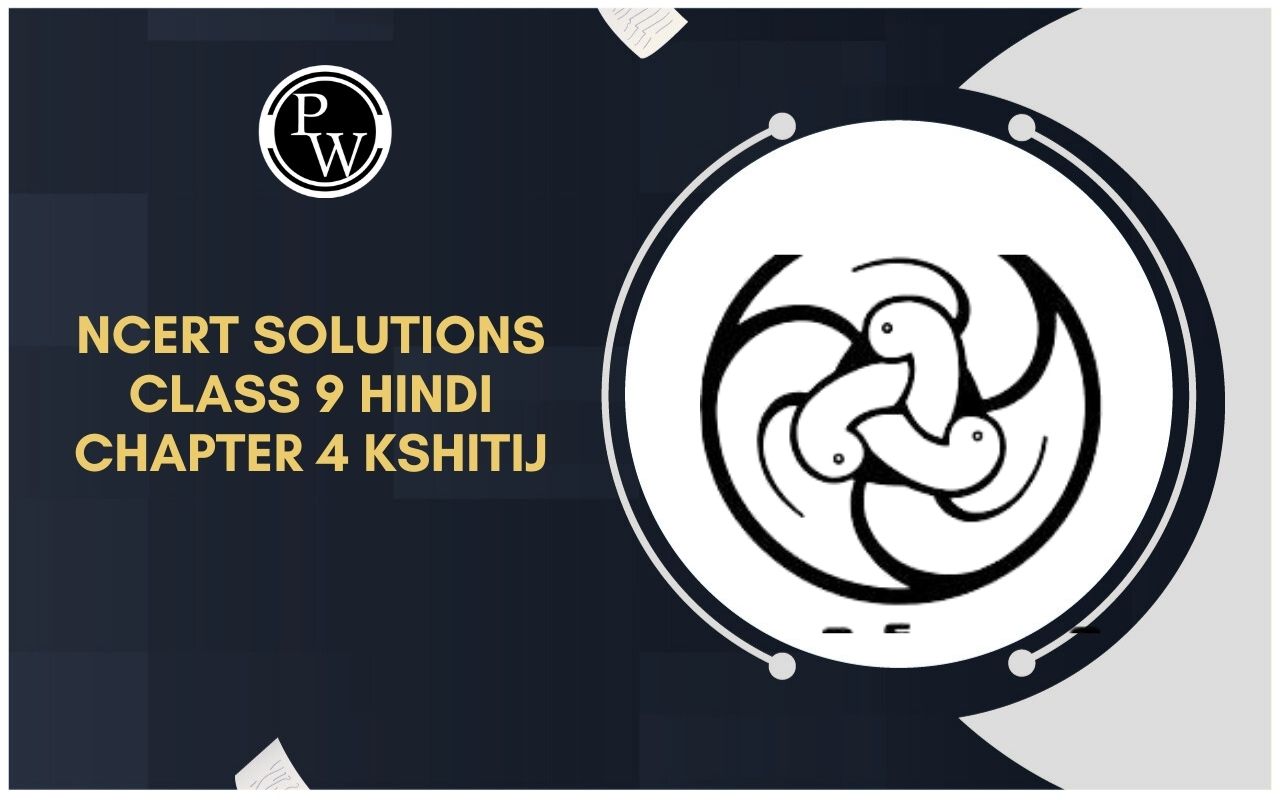
Major Challenges TO Democracy In India
Challenges To Democracy of Class 10
Inspite of being the largest democracy in the world Indian democracy also suffers from some challenges of its own nature, e.g., challenge of expansion; challenge of deepening democracy; challenge of criminalisation and challenge of corruption.
CHALLENGE OF EXPANSION:
This challenge of Indian democracy involves the practical aspects of
- Ensuring greater power to local governments.
- Extension of federal principles to all the units of the federation.
- Inclusion of women and minority groups.
Although India has the federal nature of democracy based on decentralisation of power, the local self government is not implemented in a fair and just manner at every local or regional level because India has a quasi-federal nature of democratic set up which is unitary basis. Women and minority groups still have not got a proper representation in the electoral politics of India. Hence, electoral reforms and political reforms have to be introduced in India.
Challenges like casteism, communalism, political violence, etc.
Casteism: Casteism plays a dominant role in Indian polity. There are many caste pressure groups like Scheduled Caste Federation, etc., which influence those who are in power by different methods to get their demands met. For example political parties like the AIADMK, DMK and BSP have come up to protect the interests of the backward classes.
Communalism: Communalism has also its negative implications in Indian politics like:
- It leads to the formation and growth of "pressure groups to protect and promote specific interest of the community e.g. V.H.P. etc.
- It also leads to intolerance, suspicion and fear towards members of the other communities.
Besides, there are various types of violence:
- The most serious manifestation of political and social violence is the growth of "Terrorism"
- Rising state violence is assuming serious dimensions and harms the very foundation of a democratic polity. Thus, this challenge requires an attempt to bring down the control and influence of the rich and powerful people in governmental decision making.
CHALLENGE OF CRIMINALISATION:
This challenge of Indian democracy reflects:
- Money and muscle power, violence,
- Multiplicity of candidates,
- Lack of electoral ethics, insufficient society like minorities and women etc. have polluted the electoral by candidates is true. As yet we do not know if it has led to decline in the influence of the rich and criminals. Hence, meaningful and comprehensive electoral reforms are urgently needed.
CHALLENGE OF CORRUPTION:
This challenge of Indian democracy is related to the criminal record and personal possession of politicians. Now it is mandatory for every candidate who contests election to file an "Affidavit" giving details of his property and criminal cases pending against him. The new system has made a lot of information available to the public. But there is no system to check if the information given

